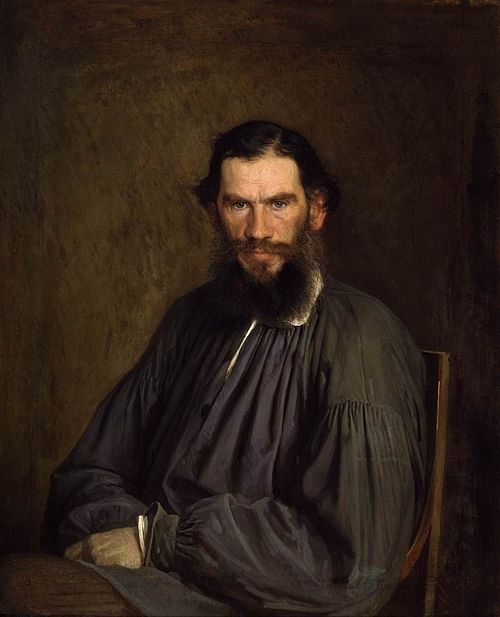philosophy
fromWarpweftandway
2 weeks agoJob Opening: Political or intercultural philosophy, Loyola Univ., Spain
Loyola University Andalucía seeks an open-rank professor of philosophy (political or intercultural focus) for an 18-month fixed-term post starting September 2026, teaching in Spanish.



